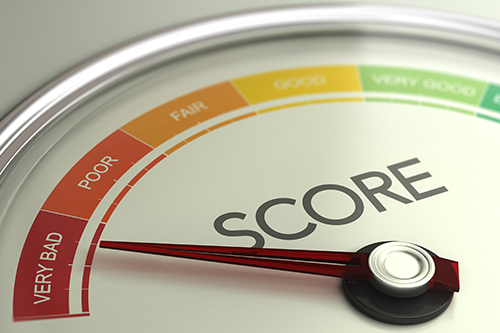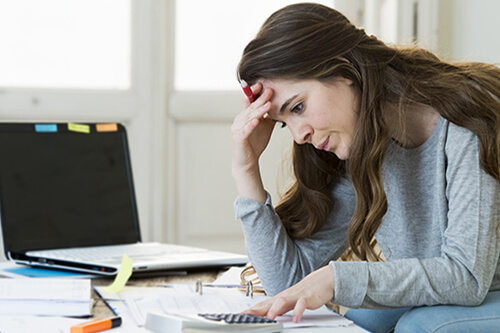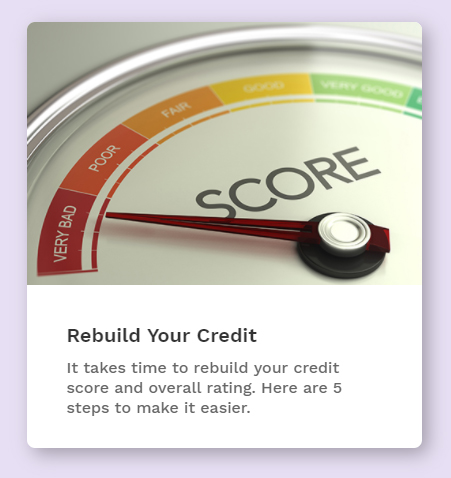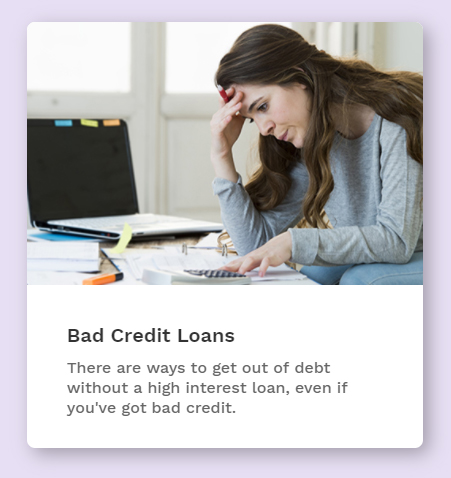The Difference Between Secured and Unsecured Debts & Loans
by Kevin Sun
Wondering what’s the difference between secured and unsecured loans? The main difference is that unlike unsecured debts, secured loans and debts require collateral backing – an asset that will be given to the lender if the debt is defaulted on. Whether you’re thinking about taking out a new loan or are in the middle of repaying one, it’s important to know how secured vs. unsecured debt works. Here’s an overview of each with examples and info on their pros and cons:
What Are Secured Debts & Loans?
What is secured debt and what is a secured loan? These debts and loans are “secured,” or backed, by assets like money, property, or investments. This means that if you can’t repay the loan or debt, your lender will take the asset that you pledged as collateral. In exchange for this guarantee of getting something back, your lender may give you better conditions for the debt, like a lower interest rate. The size of a secured loan can also be higher than what you might qualify for with an unsecured loan. Secured debt examples include:
- A mortgage secured by the property
- A car loan secured by the vehicle
- A credit card secured by a cash deposit
- A home equity line of credit (HELOC) secured by the home
Advantages of Secured Debts
While debts like a mortgage must be secured, there are benefits to getting a secured loan over an unsecured one when you do have the option of either. If providing collateral gets you a lower interest rate, then that can save you a good chunk of change with your overall cost of borrowing. If you’re trying to repair your credit, then responsibly using a cash secured credit card is far superior to paying for so-called credit repair companies.
Disadvantages of Secured Debts
The disadvantage with secured debt is that you do run the risk of losing your collateral if you default, or fail to repay the debt. This might not be too much of a loss for collateral like $500 on a secured credit card. However, for something like a HELOC, where defaulting could mean losing your home, a lot more is at stake. Depending on which province you’re in, there’s also no guarantee that losing your collateral cancels your debt. Another issue is that even if the asset is sold to bring down the debt, you could still be stuck having to pay back any remaining money owed.
What Are Unsecured Debts & Loans?
An unsecured loan is simply a debt that isn’t backed by collateral. Your credit rating and source of income are important as lenders determine your creditworthiness and how strong your promise to repay is. Unsecured credit means more risk for lenders and usually translates into higher interest rates and stricter approval requirements for you. Unsecured debt examples include:
- Credit cards that don’t require a security deposit
- Unsecured personal loans
- Unsecured lines of credit
- Memberships, subscriptions, insurance, or utility bills that are paid by installment
- Student loans
- Bank overdrafts
- Payday loans
Why Can Some Types of Debt Be Secured and Unsecured?
You might have noticed that some types of unsecured debt, like a credit card, can also be secured. In fact, even a car loan, which is usually secured against the vehicle, can be taken out as an unsecured personal loan instead. The difference between secured vs. unsecured comes down to whether you provide collateral or not, plus the different terms and conditions that this collateral creates (interest rates, approval requirements, late penalties, etc.).
Are Secured or Unsecured Debts & Loans Better?
Choosing between a secured loan and an unsecured loan when you have the option of either can be tricky. The interest rate and terms and conditions will be more favourable with a secured loan. However, if you run into trouble with paying back the loan, an unsecured loan will make it easier to negotiate a repayment plan with your lender. After all, if creditors can just take the collateral as payment, then they have no reason to accept anything less. That’s how it works with secured credit cards – it isn’t usually possible to owe more than the cash deposit because it would simply be used to pay off the debt and the card would then be cancelled if you run into payment problems.
Debts that Bankruptcy Can’t Deal With
As with all debt, your goal should be to have a clear plan on both how you will use it and how you will repay it. Don’t enter into a borrowing agreement with a plan to default. If you know that you won’t be able to pay it back, then not taking out any loan is your best option (so that you don’t get accused of fraud). Making these plans may naturally lead you to consider unsecured versus secured options as you weigh different payment conditions and the risk of losing collateral against your financial situation. In the end, the better option is the one that better fits what you need, what your goals are, and what you can handle.
How to Get Help with Secured or Unsecured Debts & Loans
If you do need help with debt, then whether they are secured, unsecured, or a mix of both makes a big difference to how those debts and loans can be dealt with. This can be difficult to figure out, but the good news is that you don’t have to do it by yourself. Instead, book a free and confidential appointment with a non-profit credit counsellor who knows how all of this works and can guide you towards the best solution for your situation. As an accredited non-profit organization, our experienced counsellors always provide unbiased information and are never paid a commission. Get started on the right path for you today with a toll-free phone call to 1-888-527-8999. You can also email us or ask any questions you have in an anonymous online chat.
Last Updated on August 14, 2024








0 Comments